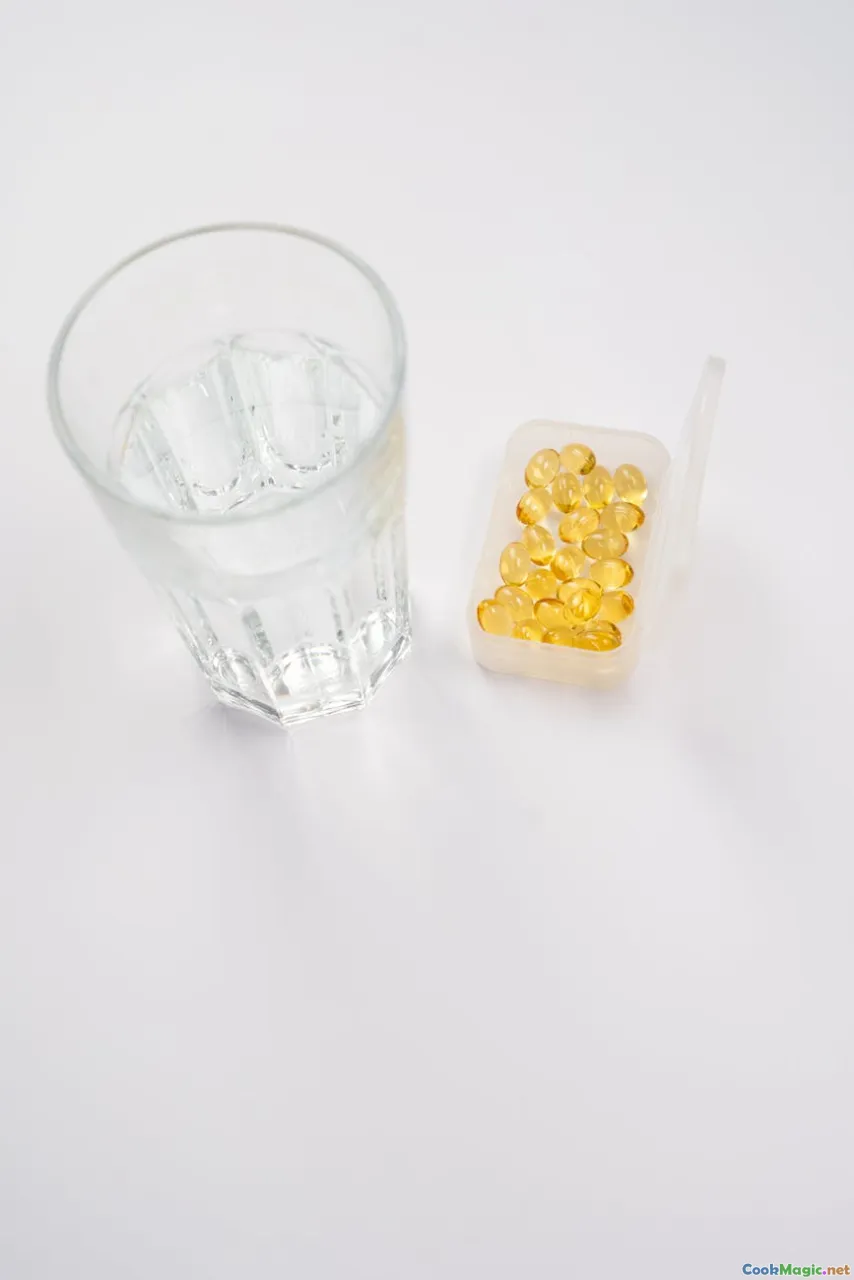Hydration Myths and Facts
8 min read Uncover the truth behind common hydration myths, explore science-backed facts, and learn how to optimize your fluid intake for health and wellness. April 20, 2025 01:55
Hydration Myths and Facts
Imagine standing in a bustling city square at dawn, the aroma of freshly brewed coffee mingling with the crisp morning air. Somewhere nearby, a street vendor offers a tall glass of cool, clear water—simple, yet vital. This scene is universal; water is the essence of life, yet our understanding of hydration is often clouded by myths, misconceptions, and cultural beliefs. As a food enthusiast and wellness advocate, I’ve always been fascinated by how deeply intertwined hydration is with our daily lives, health, and even our emotional well-being.
In this article, we’ll embark on a journey through the truths and myths surrounding hydration. From historical practices and cultural traditions to scientific insights, I aim to shed light on how much water we truly need, the role of electrolytes, and how to cultivate a balanced relationship with fluids. Prepare to challenge what you think you know about hydration—because the facts may surprise you.
The Cultural and Historical Significance of Hydration
Throughout history, societies have revered water not just as a necessity but as a sacred element. Ancient civilizations such as the Egyptians, Greeks, and Romans built elaborate aqueducts and water systems, recognizing that access to clean water was fundamental to societal growth and health. Rituals involving water—baptisms, purification rites, and offerings—highlight its spiritual significance.
In many cultures, traditional beverages like herbal teas, fermented drinks, and fruit-infused waters have served as hydration sources, often imbued with medicinal or spiritual meanings. For example, the Japanese tea ceremony emphasizes mindfulness and the sensory experience of drinking, transforming a simple act into a ritual of wellness.
Reflecting on these traditions reveals that hydration has always been more than just quenching thirst; it’s about nurturing the body, mind, and community.
The Science of Hydration: What Actually Happens When We Drink?
At the core of hydration lies water’s role in maintaining cellular functions, regulating temperature, lubricating joints, and transporting nutrients. When we consume fluids, they are absorbed through the intestinal lining into our bloodstream, distributing moisture to every corner of our bodies.
Electrolytes, such as sodium, potassium, magnesium, and chloride, play a pivotal role in fluid balance. These minerals help regulate osmosis— the movement of water across cell membranes—ensuring that cells neither swell nor shrink excessively.
However, the body’s hydration needs are dynamic, influenced by factors like activity level, climate, age, and health status. Understanding this complexity is crucial to dispelling myths and making informed choices.
Common Hydration Myths Debunked
Myth 1: You Need to drink eight glasses of water a day.
Fact: While the "8 glasses a day" rule is easy to remember, hydration needs vary widely. The National Academies of Sciences, Engineering, and Medicine suggest about 3.7 liters for men and 2.7 liters for women daily, coming from all fluids and food. Fruits like watermelon and oranges, and vegetables such as cucumbers and lettuce, contribute significantly to hydration.
Myth 2: Thirst is the best indicator of dehydration.
Fact: Thirst can be a late symptom. By the time you feel thirsty, you may already be mildly dehydrated. Regular sipping and mindful hydration, especially in hot environments or during exercise, are better strategies.
Myth 3: Drinking water alone is enough to stay hydrated.
Fact: While water is essential, electrolytes are equally important, especially during prolonged physical activity or illness. Sports drinks containing electrolytes can be beneficial, but watch out for added sugars.
Myth 4: Clear urine always indicates proper hydration.
Fact: While pale urine is usually a sign of good hydration, overhydration can lead to hyponatremia—dangerously low sodium levels. It’s about maintaining a balance, not just clarity.
Myth 5: You can hydrate by eating water-rich foods alone.
Fact: Though foods like fruits and salads contribute to hydration, they rarely suffice during vigorous activity or hot weather without additional fluids.
The Role of Hydration in Physical and Mental Performance
Proper hydration enhances physical endurance, prevents cramps, and speeds up recovery. Athletes often overlook that even a 2% loss in body water can impair performance.
Mentally, dehydration can cause concentration lapses, mood swings, and fatigue. A well-hydrated brain functions more efficiently, improving focus and decision-making.
Reflecting on my own experience, I recall a summer hike where I neglected to hydrate adequately. Midway, I felt sluggish and irritable—reminding me that hydration is as much about prevention as recovery.
How to Cultivate Healthy Hydration Habits
- Listen to your body: Pay attention to thirst cues, but don’t rely solely on them.
- Incorporate hydrating foods: Add water-rich fruits and vegetables to your meals.
- Balance your electrolytes: Especially during intense workouts or illness, consider beverages with added electrolytes.
- Avoid overhydration: Be cautious of drinking excessive amounts, which can dilute blood sodium.
- Use environmental awareness: Adjust fluid intake based on climate and activity levels.
Personal Reflection
I’ve personally found that infusing water with slices of citrus, cucumber, or fresh herbs makes hydration more enjoyable. The sensory pleasure of a subtly flavored drink turns a routine task into a moment of mindfulness—transforming water from a chore into a ritual of self-care.
Final Thoughts: Embracing Informed Hydration
Hydration is a nuanced aspect of our health tapestry. While myths abound, scientific understanding guides us toward smarter choices—recognizing that hydration isn’t just about drinking water, but about maintaining a harmonious balance of fluids and electrolytes.
As you sip your next glass of water, consider the rich history, cultural significance, and scientific truths behind this vital act. Whether it’s a simple glass in the morning or a replenishing sports drink after a workout, hydration is a personal, vital practice—an everyday celebration of life’s most essential resource.
Remember, staying hydrated is not a one-size-fits-all rule but a lifelong journey of listening, learning, and nourishing your body from within. Cheers to health—one glass at a time!









